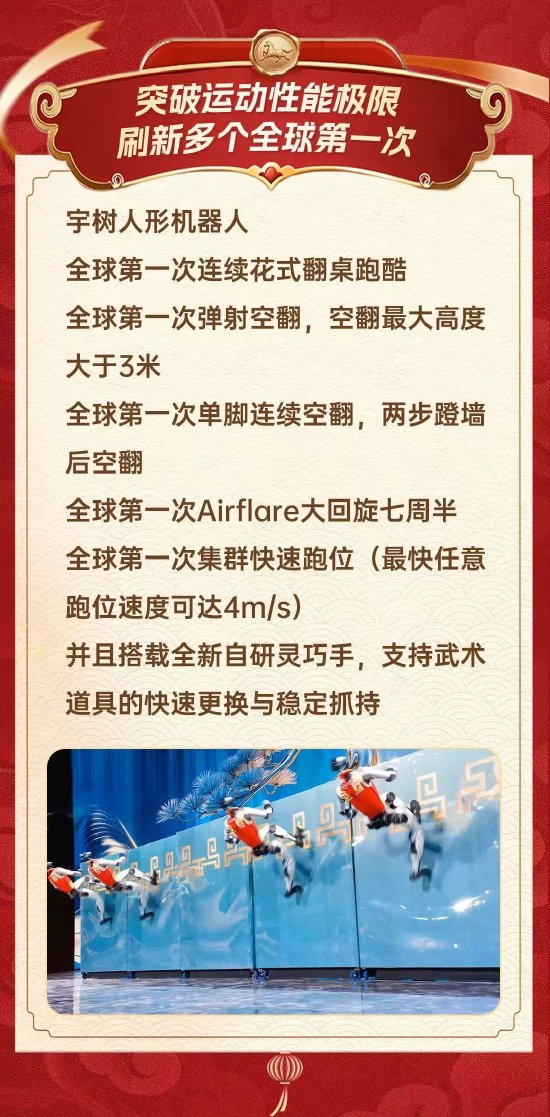Google recently released the public beta of "Chrome DevTools MCP," a Model Context Protocol (MCP) server that allows AI coding agents to control and inspect real Chrome browser instances. This tool can record performance data, inspect the DOM and CSS, execute JavaScript, read console output, and automate user workflows.

This release addresses a common limitation of code generation agents: they often cannot observe the runtime behavior of the pages they create or modify. By connecting the agent to Chrome's DevTools, Google transforms the static suggestion engine into a closed-loop debugger that can run measurements in the browser and propose fixes.
What exactly is Chrome DevTools MCP?
MCP is an open protocol that connects large language models (LLMs) with tools and data. Google's DevTools MCP acts as a dedicated server that opens Chrome's debugging interface to MCP-compatible clients. Google's developer blog describes it as "bringing the power of Chrome DevTools to AI coding assistants," and provides specific workflows such as starting performance tracing (e.g., performance_start_trace) and letting the agent analyze the results to suggest optimizations (e.g., diagnosing high Largest Contentful Paint).
Features and Tools
The official GitHub repository lists a wide range of tools. In addition to performance tracking, the agent can run navigation primitives (such as navigate_page, new_page, wait_for), simulate user input (such as click, fill, drag, hover), and check runtime status (such as list_console_messages, evaluate_script, list_network_requests, get_network_request). Screenshot and snapshot tools provide visual and DOM state capture, supporting difference comparison and regression testing. The server uses Puppeteer at the core for reliable automation and waiting semantics and communicates with Chrome through the Chrome DevTools Protocol (CDP).
Installation Process
Setting up an MCP client is very simple. Google suggests just adding a configuration snippet by using npx to track the latest server build:
json
{
"mcpServers": {
"chrome-devtools": {
"command": "npx",
"args": ["chrome-devtools-mcp@latest"]
}
}
}
This server integrates with multiple agent frontends, such as Gemini CLI, Claude Code, Cursor, and GitHub Copilot's MCP support. For VS Code/Copilot, the repository provides a one-line command: code --add-mcp; for Claude Code, it uses the claude mcp add command to call the same npx target. This package targets Node.js ≥22 and the current version of Chrome.
Example Agent Workflow
Google's announcement highlights practical tips that demonstrate end-to-end loops: verifying suggested fixes in a real browser, analyzing network issues (such as CORS or blocked image requests), simulating user actions like form submission to reproduce errors, checking layout issues by reading DOM/CSS context, and running automated performance audits to reduce Largest Contentful Paint. These are all operations that agents can now perform through actual measurements rather than heuristics.
github: https://github.com/ChromeDevTools/chrome-devtools-mcp
Key Points:
🌟 ** Real-time Control **: Google's Chrome DevTools MCP allows AI agents to control and inspect real Chrome browsers.
⚙️ ** Wide-ranging Features **: Supports a variety of functions including performance tracking, simulation of user input, and checking runtime status.
🚀 ** Easy Installation **: Users only need simple configuration to quickly deploy the MCP server and integrate it into various development tools.








